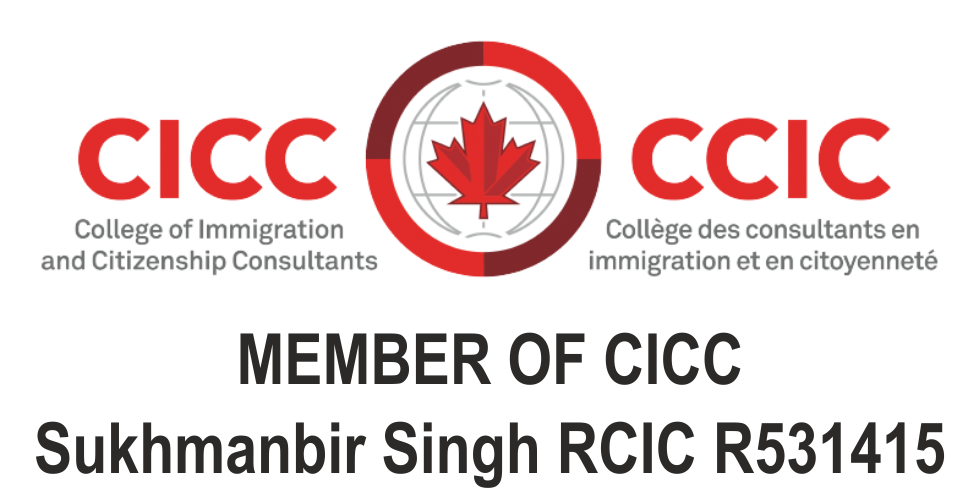Spousal Sponsorship
Spousal sponsorship is a process that allows Canadian citizens and permanent residents to sponsor their spouses or common-law partners to become permanent residents of Canada. It enables couples to reunite and build their lives together in Canada. The process involves proving the genuineness of the relationship, meeting specific eligibility criteria, and undergoing thorough background checks. Successful applicants gain permanent residency and the ability to live and work in Canada. Here’s a basic overview of how it works:
Eligibility Criteria
For the Sponsor:
- Canadian Citizenship or Permanent Residency: The sponsor must be a Canadian citizen or a permanent resident of Canada.
- Age: Must be at least 18 years old.
- Financial Capacity: Must demonstrate the ability to support the spouse or partner financially. This is typically done through proof of income, although there are exceptions for those on social assistance due to disability.
- Residency: If the sponsor is a Canadian citizen living outside Canada, they must demonstrate intent to return to Canada when the sponsored person arrives.

For the Applicant (Spouse/Partner):
- Relationship Status: Must be legally married to the sponsor or in a common-law partnership (living together in a conjugal relationship for at least one year) or a conjugal relationship (where the couple is in a genuine relationship but unable to live together due to exceptional circumstances).
- Admissibility: Must pass medical and criminal background checks to be admissible to Canada.
- Intention to Reside: Must intend to live with the sponsor in Canada once permanent residency is granted.
Types of Spousal Sponsorship
Outland Sponsorship:
- Canadian Citizenship or Permanent Residency: The sponsor must be a Canadian citizen or a permanent resident of Canada.
- Age: Must be at least 18 years old.
- Financial Capacity: Must demonstrate the ability to support the spouse or partner financially. This is typically done through proof of income, although there are exceptions for those on social assistance due to disability.
- Residency: If the sponsor is a Canadian citizen living outside Canada, they must demonstrate intent to return to Canada when the sponsored person arrives.
Inland Sponsorship:
- Process: The applicant submits their application from inside Canada. They can apply for an open work permit to work while their application is being processed.
- Status: The applicant must be legally in Canada when applying (e.g., on a visitor visa, study permit, or work permit).
- Processing Time: This method might take a similar amount of time as outland sponsorship but includes the possibility of receiving a temporary work permit while waiting.
Application Process
Step-by-Step:
Prepare Your Documents:
- Proof of Relationship: Marriage certificate, photos, correspondence, joint financial documents, etc.
- Identity Documents: Passports, birth certificates, etc.
- Proof of Canadian Citizenship or Permanent Residency: For the sponsor.
- Police Certificates: To prove no criminal record.
- Medical Examination: For the applicant, to prove health status.
Complete the Application Forms:
- Forms: Both the sponsor and the applicant must complete forms. For outland, this might include forms such as IMM 1344 (Application to Sponsor), IMM 5481 (Sponsor Questionnaire), and others.
- Fees: Pay the required processing fees, including the sponsorship fee and the right of permanent residence fee.
Submit the Application:
- Online: For most applications, submitting online through the IRCC portal is recommended.
- By Mail: Alternatively, you can mail the completed application package to the appropriate address.
Wait for Processing:
- Interviews: IRCC may request an interview with either the sponsor or the applicant to further verify the relationship.
- Additional Documents: Be prepared to provide additional information or documentation if requested.
Decision and Permanent Residency:
- Approval: If approved, the applicant will receive their permanent resident visa.
- Landing: The applicant can then travel to Canada and complete the landing process, officially becoming a permanent resident.





